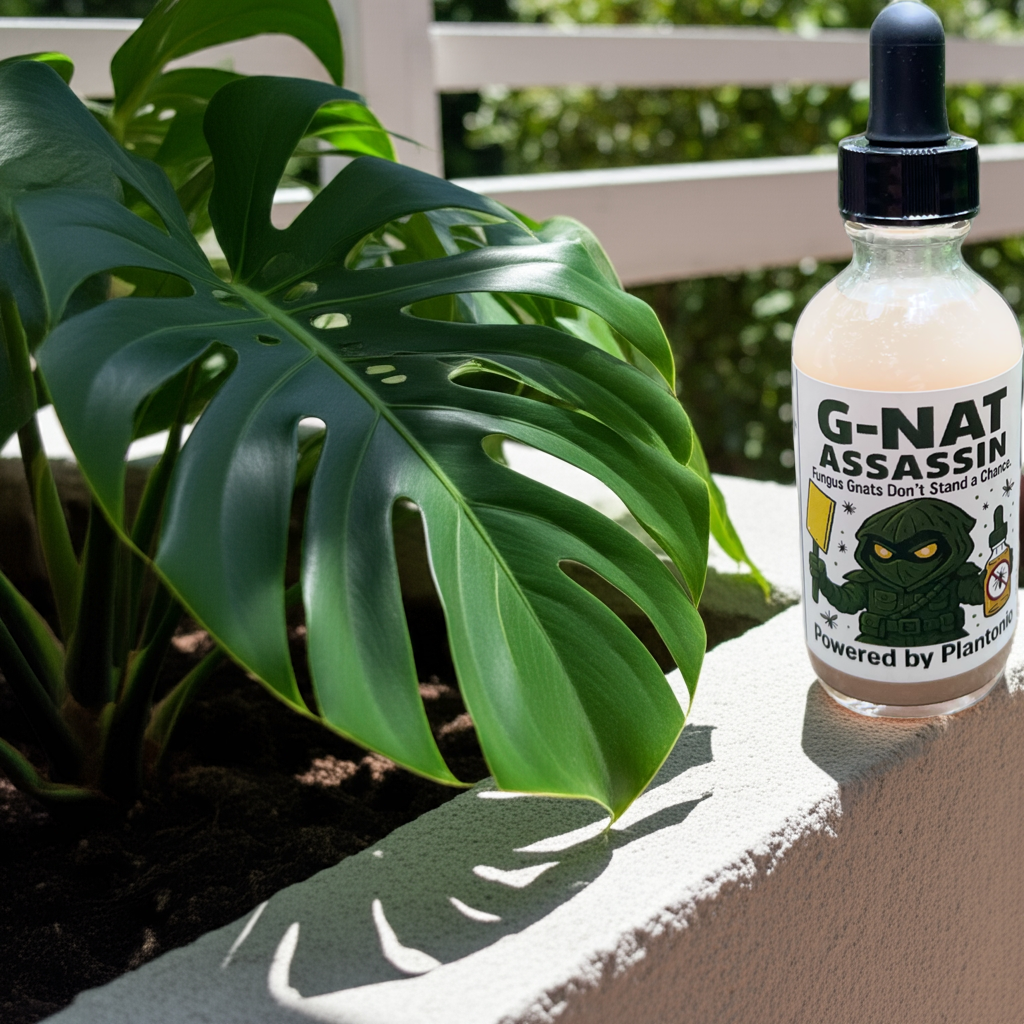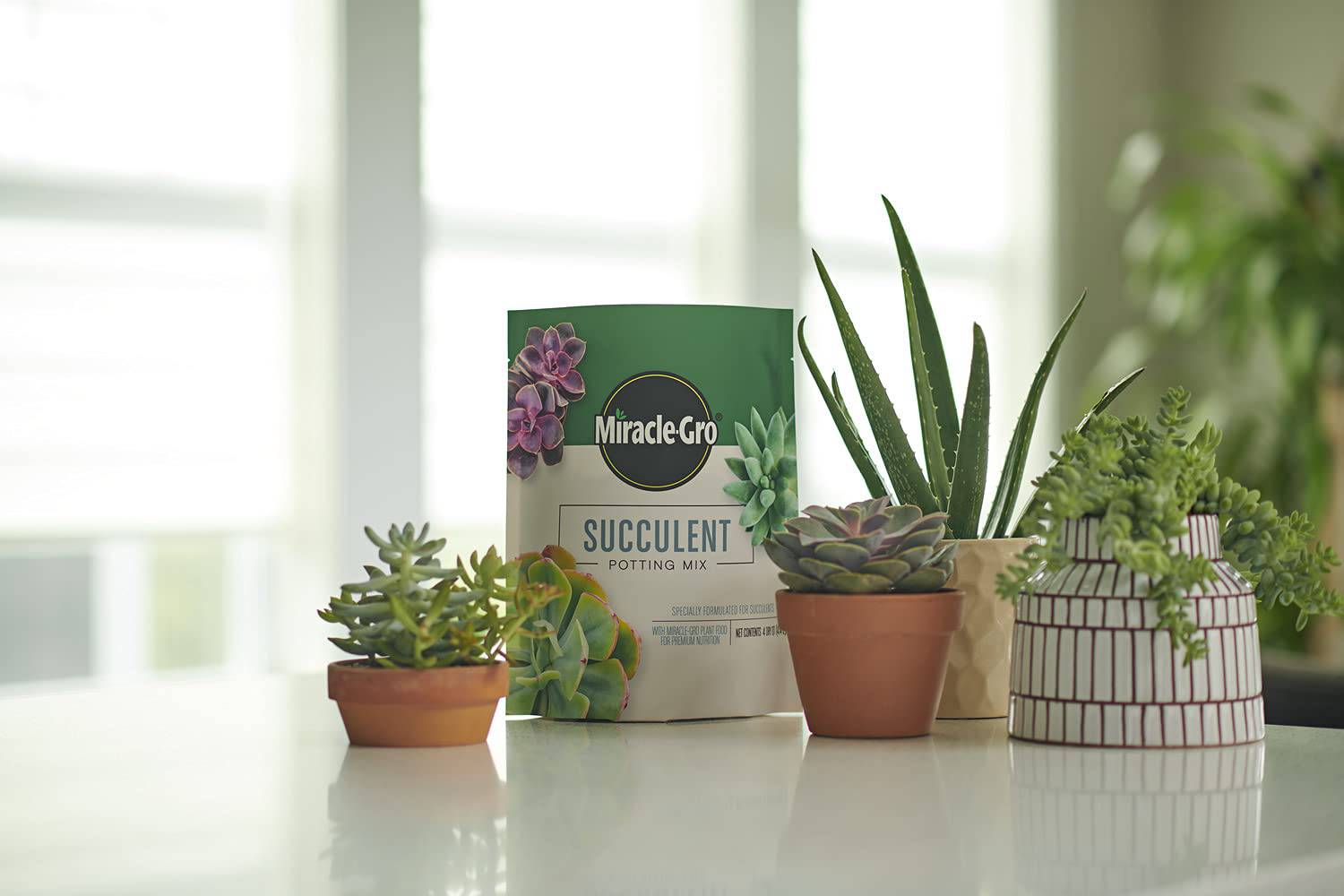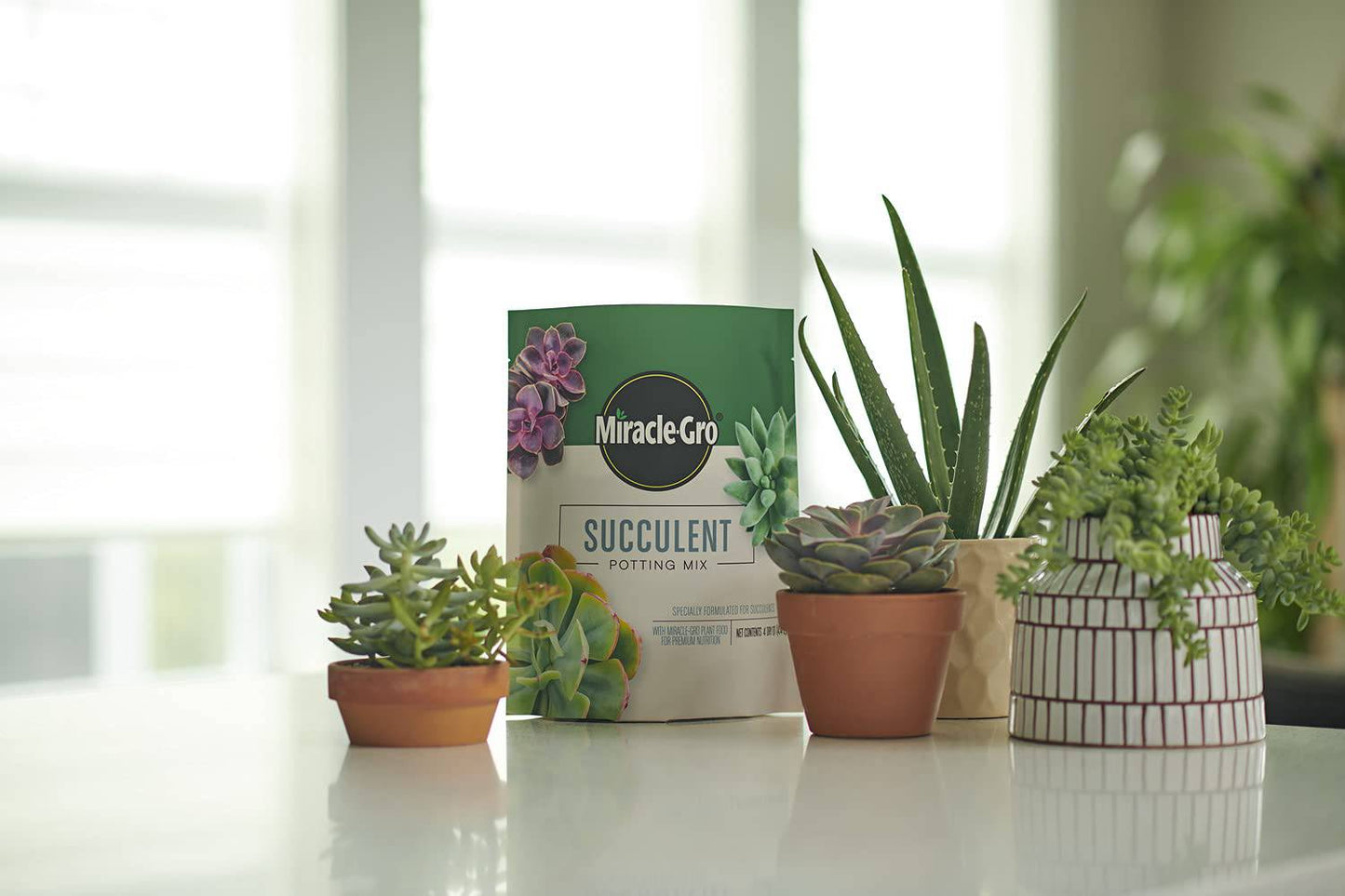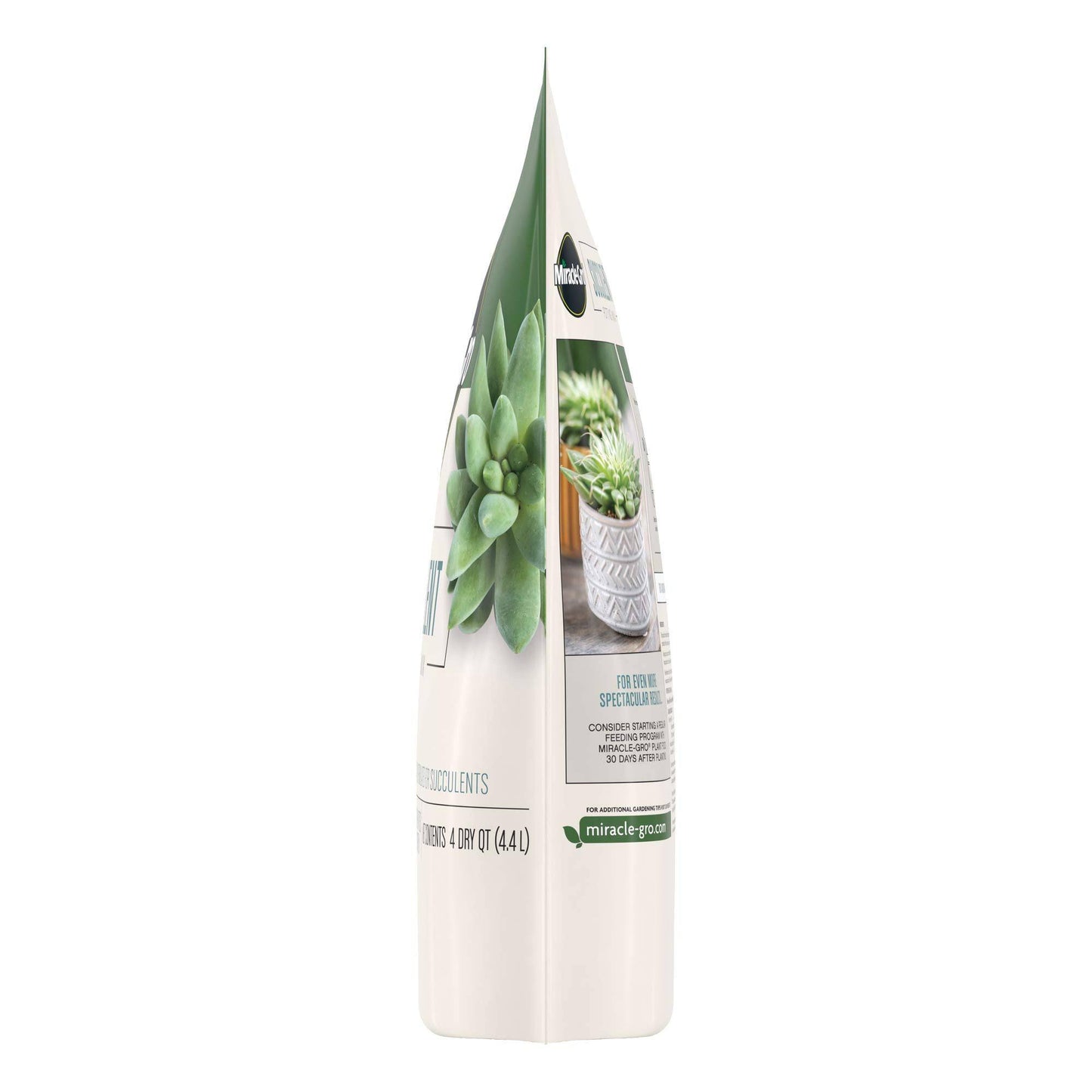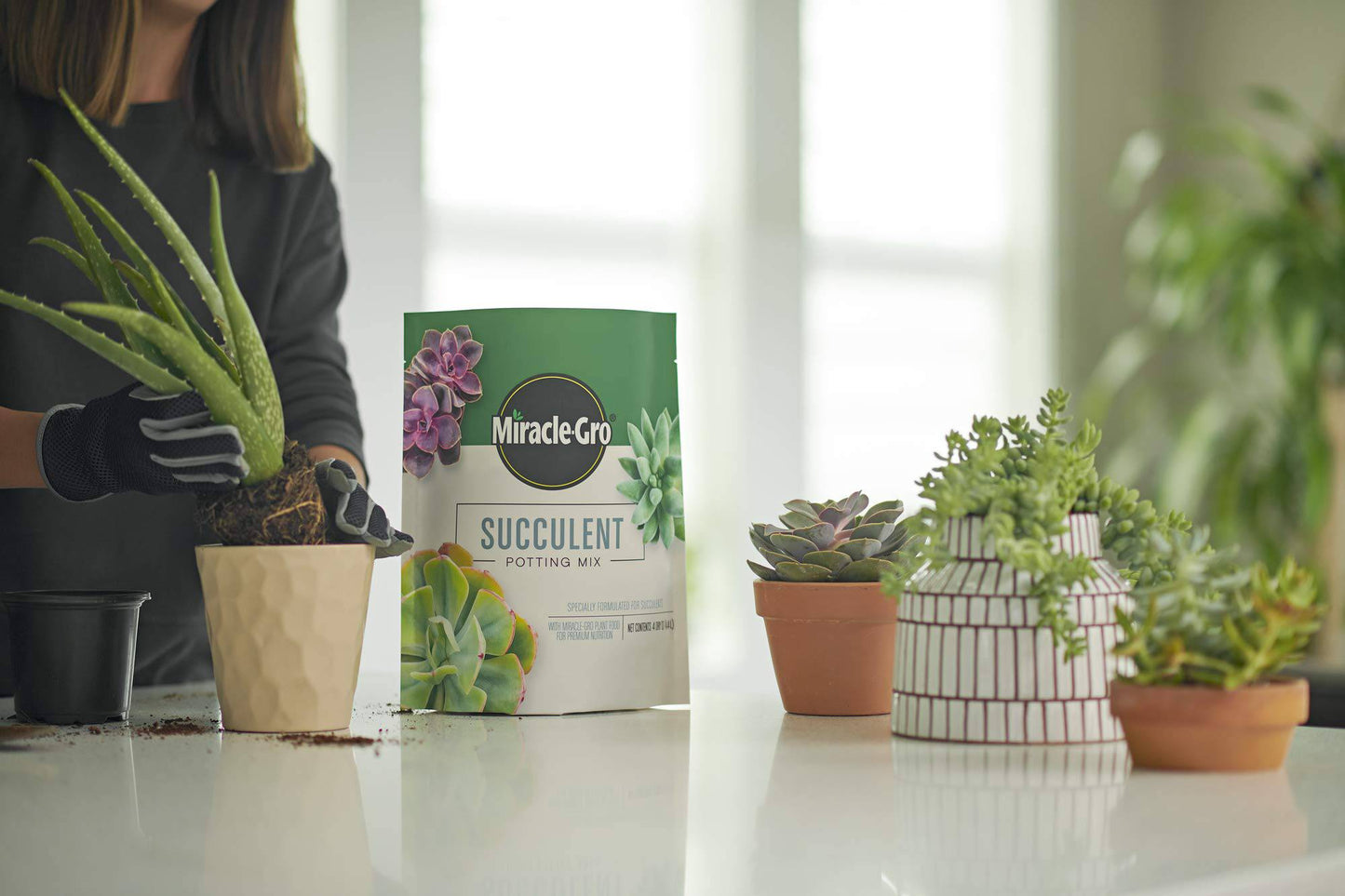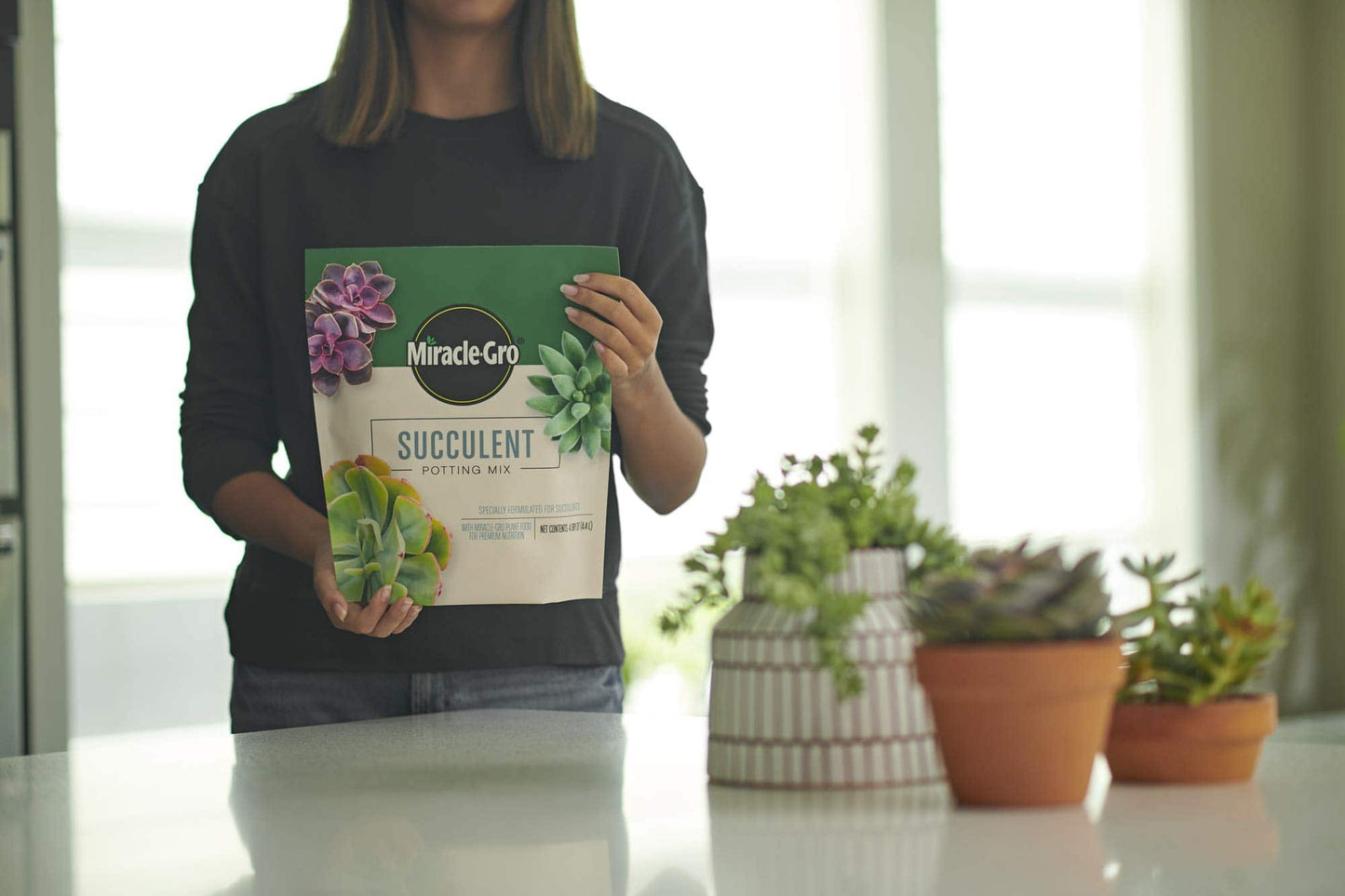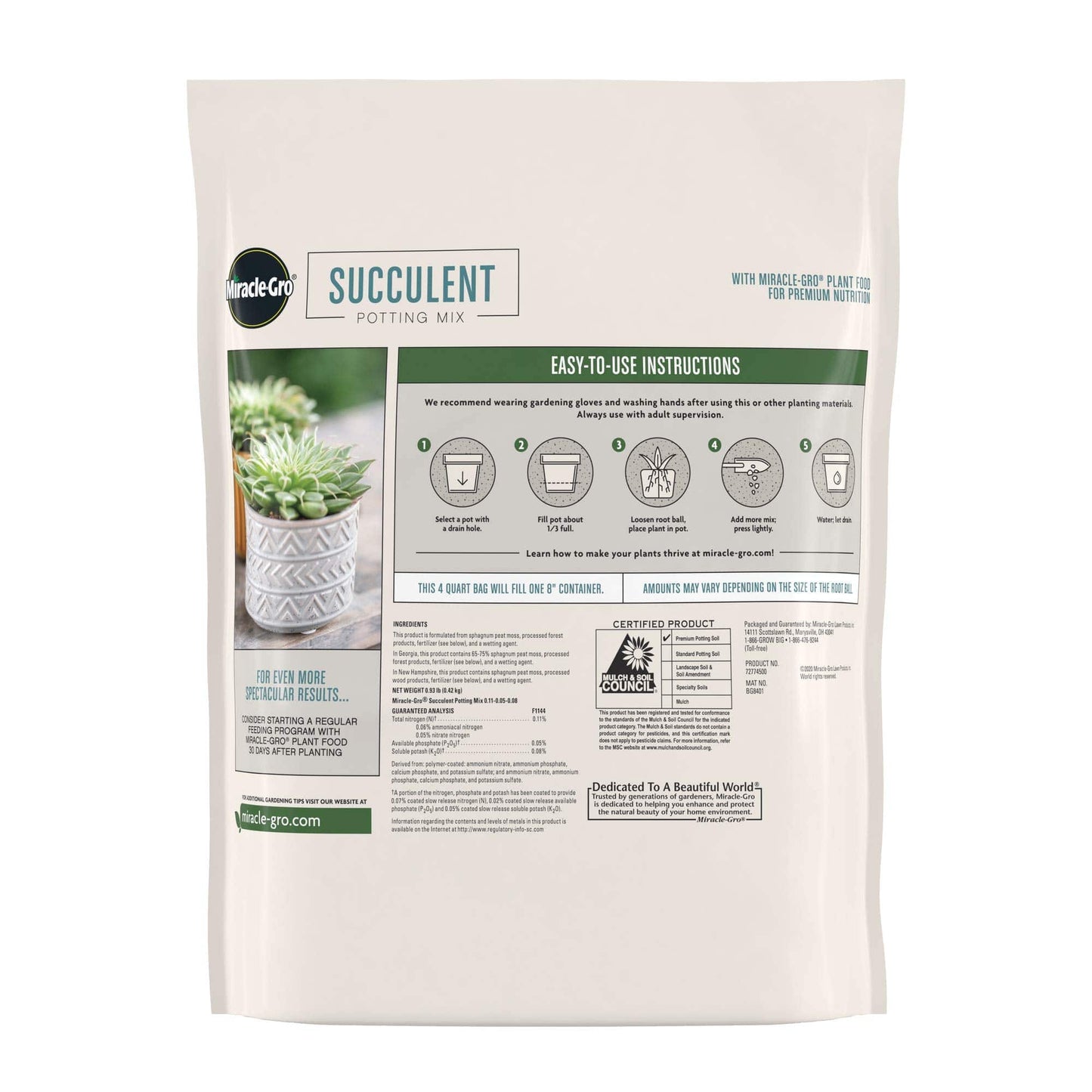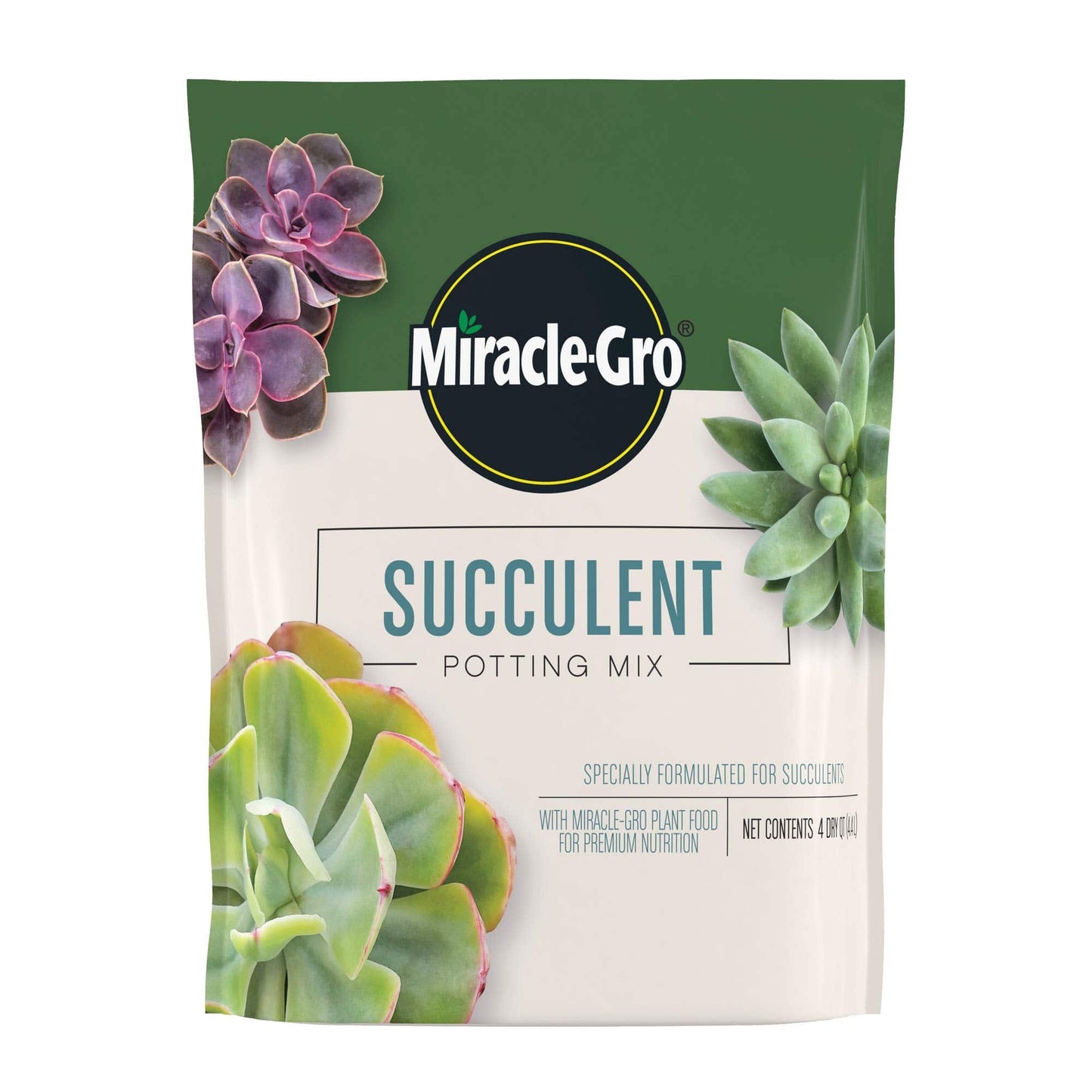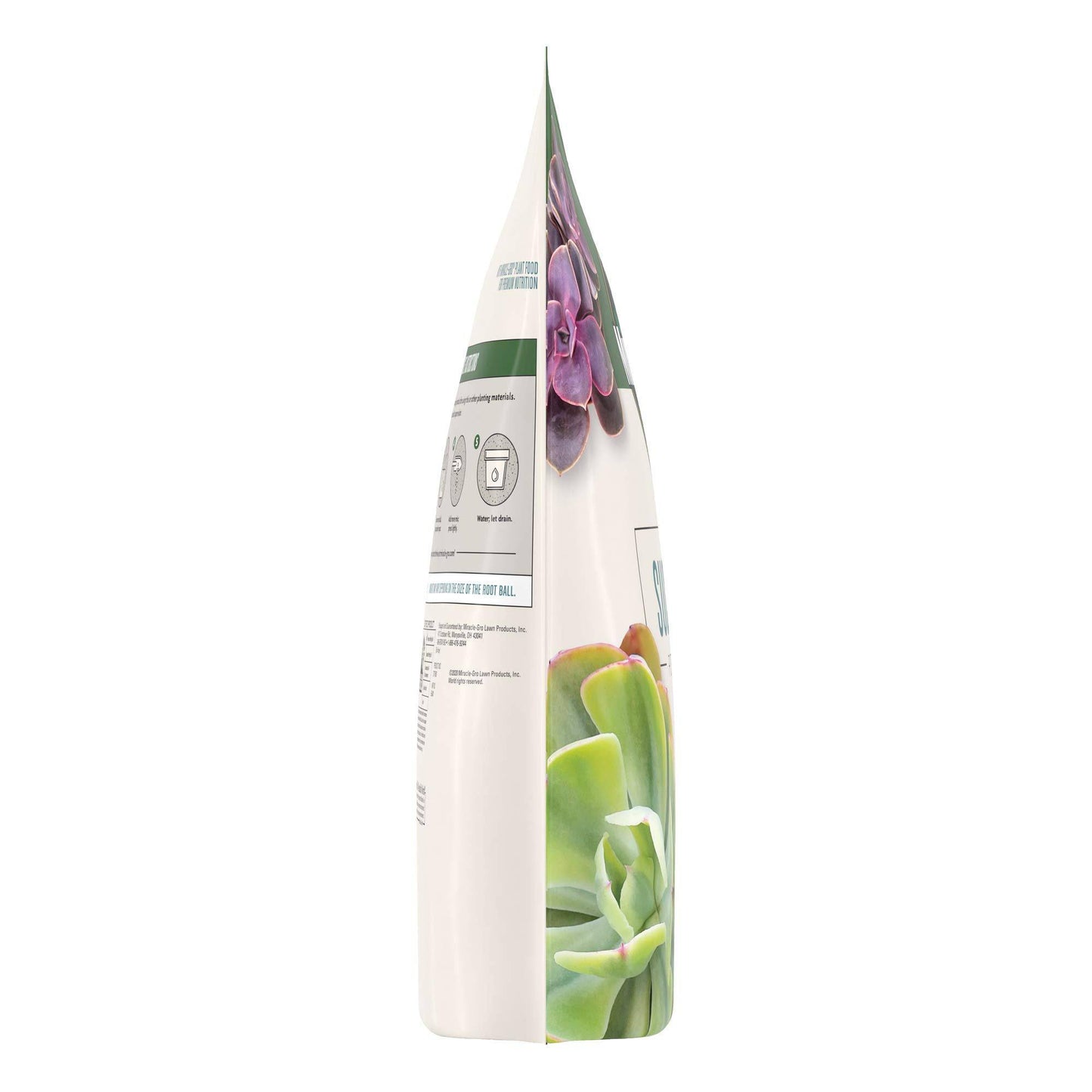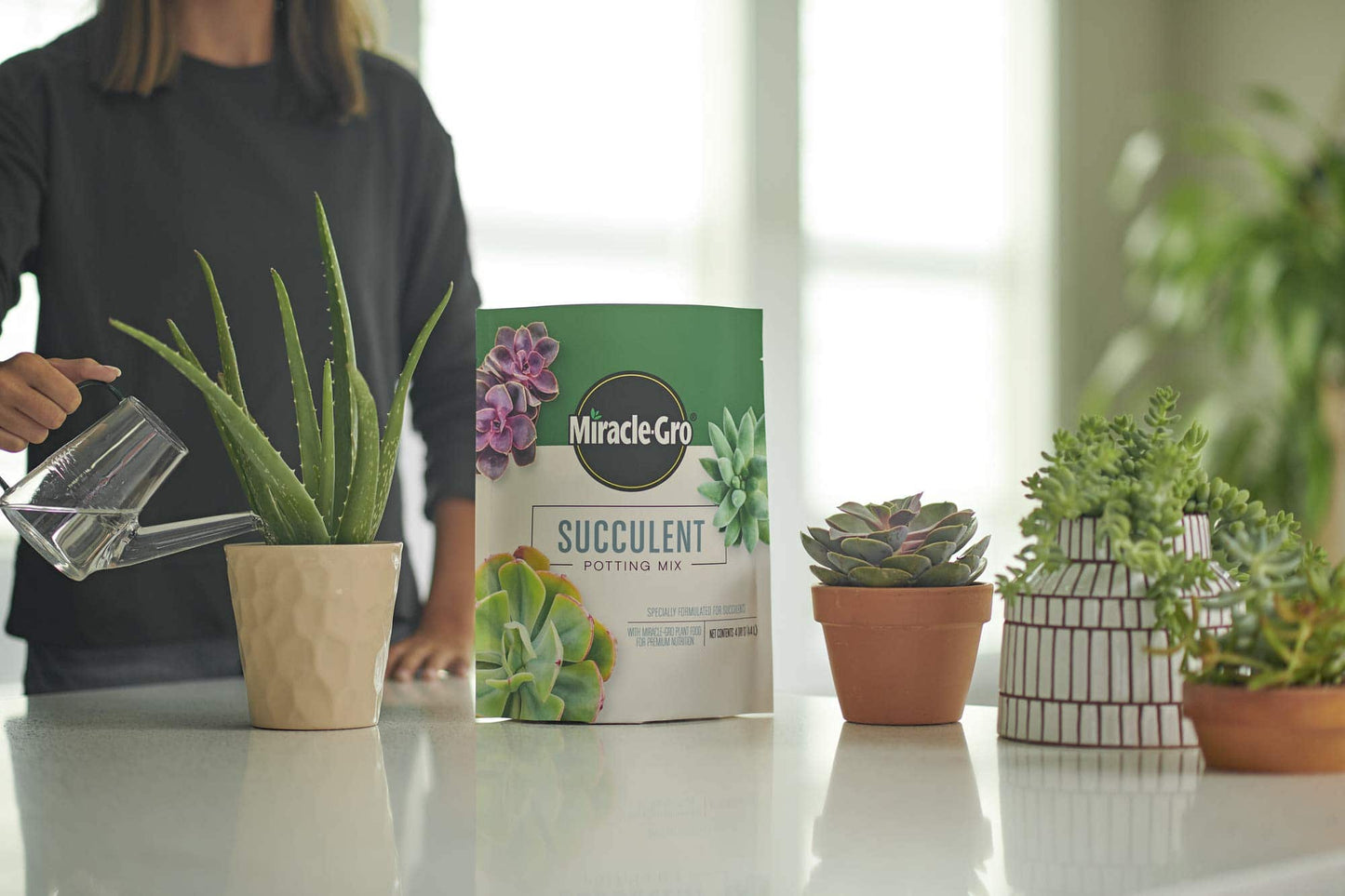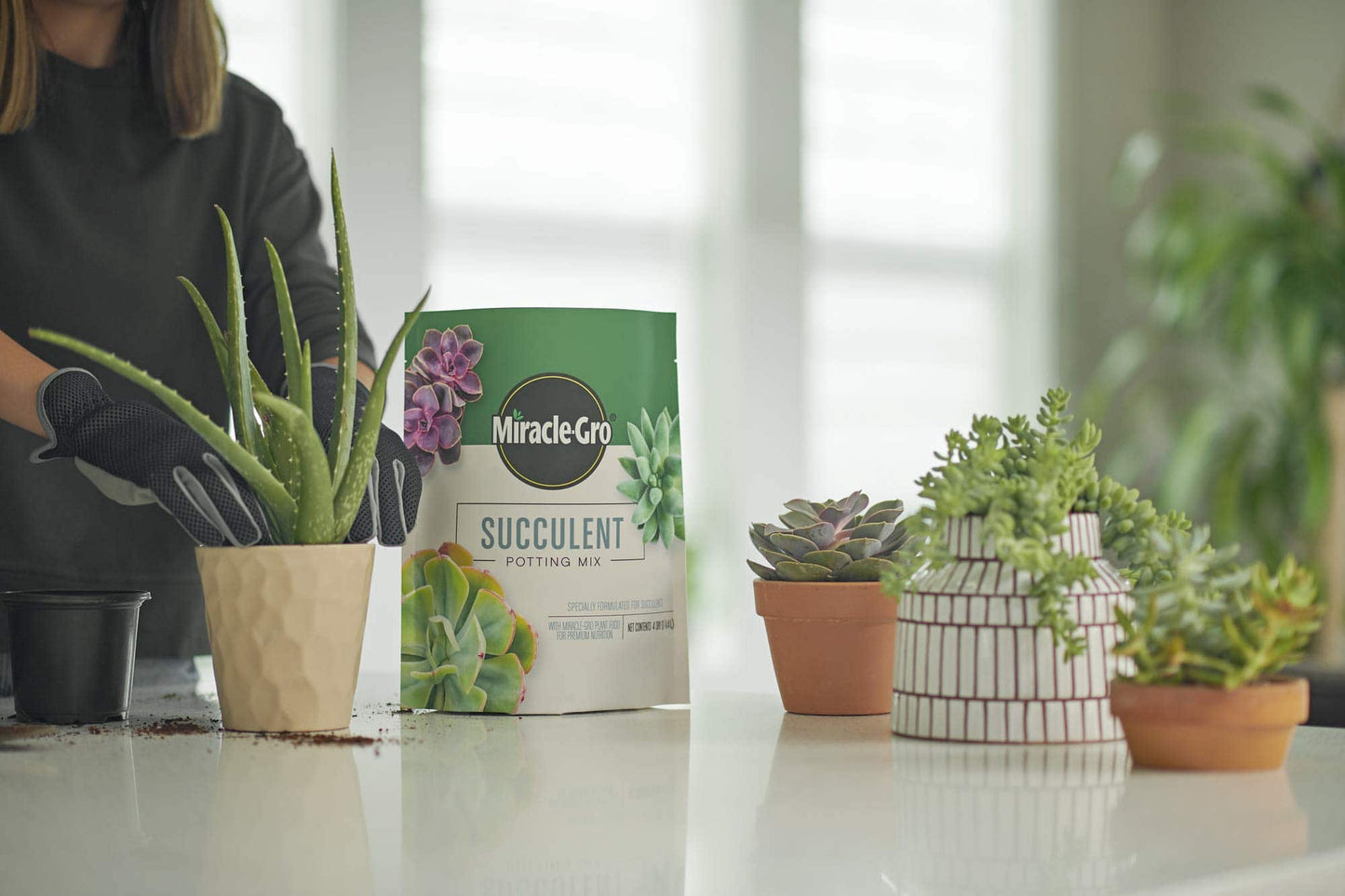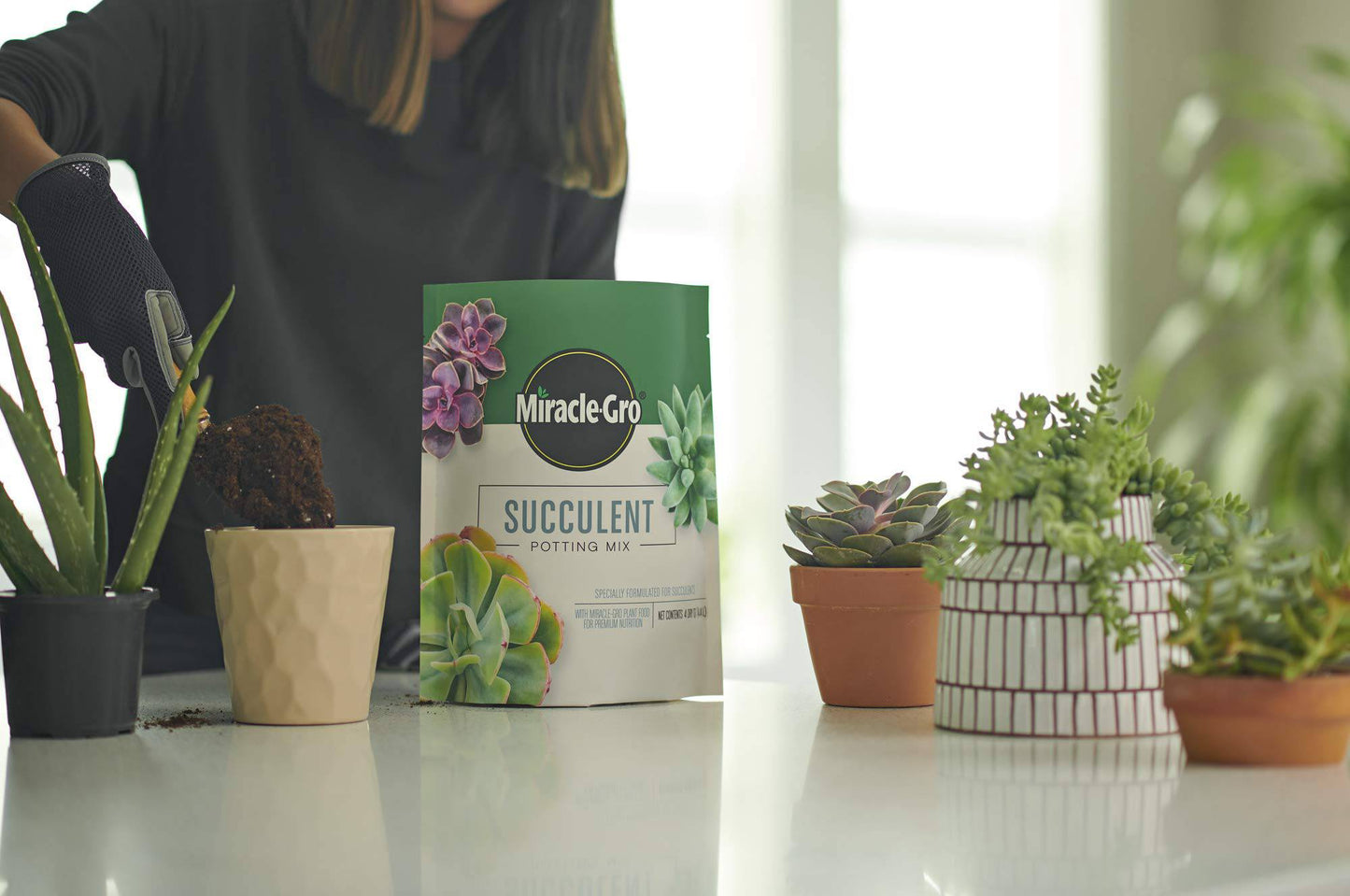The Benefits of Horticultural Oil in Plant Care
When it comes to plant care, horticultural oil stands out as a valuable and versatile tool that offers a wide array of benefits to gardeners, farmers, and plant enthusiasts. Understanding the advantages of using horticultural oil can help you make informed decisions about incorporating it into your plant care routine.
1. Controls Various Pests
Horticultural oil is known for its effectiveness in managing a diverse range of plant pests. Whether you are dealing with aphids, mites, scales, mealybugs, or other common pests, horticultural oil can provide an efficient solution to keep your plants healthy and pest-free.
2. Safe for Beneficial Insects
Unlike many conventional chemical pesticides that can harm beneficial insects such as ladybugs, bees, and other pollinators, horticultural oil is considered a safer alternative. By targeting specific pests while preserving beneficial insect populations, horticultural oil supports a more balanced and sustainable ecosystem in your garden or farm.
3. Environmentally Friendly
One of the key advantages of horticultural oil is its environmentally friendly nature. Horticultural oils are derived from natural sources and are biodegradable, meaning they break down quickly in the environment without leaving harmful residues. This makes them a preferred choice for environmentally conscious gardeners and farmers.
Application of Horticultural Oil
Understanding the proper application of horticultural oil is crucial to maximizing its effectiveness in plant care. Here are some essential steps to follow when using horticultural oil:
- Choose the Right Time: Optimal timing is essential for horticultural oil application. It is recommended to apply horticultural oil during the dormant season or early spring to target overwintering pests effectively.
- Thorough Coverage: Ensure thorough coverage of the plant surface, including the undersides of leaves where many pests tend to hide. Proper coverage helps ensure that the horticultural oil comes into contact with the pests, enhancing its efficacy.
- Repeat Applications: Depending on the severity of the pest infestation and the specific horticultural oil product used, you may need to reapply the oil every few weeks to maintain pest control and protect your plants.
By following these guidelines and incorporating horticultural oil into your plant care regimen, you can effectively manage pests, promote plant health, and contribute to a more sustainable and eco-friendly approach to gardening and farming.


